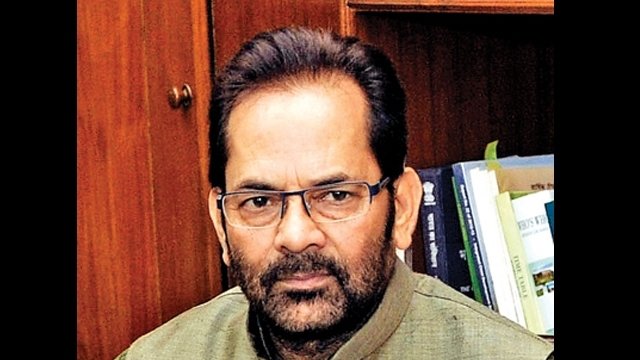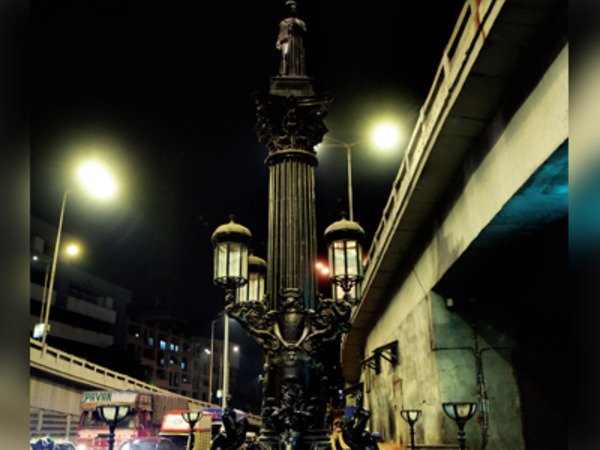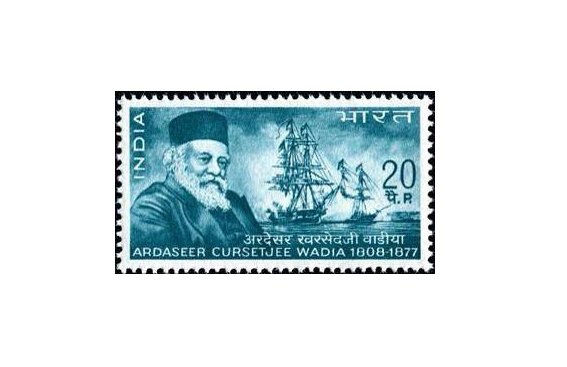Jiyo Parsi phase 2 to focus on counselling

After a successful 20 per cent increase in the birth rate in the Parsi community after the launch of Jiyo Parsi scheme, the government of India will be soon launch phase two. The second phase will be launched on July 29 by the Union Minister of minority affairs, Mukhtar Abbas Naqvi, who will be in Mumbai for it.
Launched in 2013-14 as a special scheme for containing population decline of Parsis in India, it comprises two components — the advocacy component and medical component. It provides financial assistance to married Parsi couples for medical treatment under standard medical protocol and also focuses on outreach programmes to generate awareness among the Parsi population for lineage enhancement. The scheme has been implemented with the help of Parzor Foundation, Bombay Parsi Panchayat and local Anjumans across India.
Recently, the scheme celebrated its 101st birth after the launch. “Not all the births happened through in-vitro fertilisation (IVF). A number of births took place naturally, without medical intervention after we counselled couples on staying healthy, and addressed issues like diabetes and thyroid,” said Dr Katy Gandevia, programme co-ordinator of the scheme.
In the second scheme, those looking to implement it said they will be focusing more on counselling and advocating people to produce more kids. “In the second scheme we are looking to have creches, and counselling families with only one earning member, as having a large number of dependent family members should not deter having more children,” said Dr Shernaz Cama, director, UNSECO Parzor, which looks to preserve vulnerable human heritage.
“Among Parsis, there are many who are ageing and unmarried, therefore dependent. The elderly often desist their children not to have more kids. What we want to do in the second phase is to reach out to them so that they encourage their kids to have more children,” he added.
This would be part of the advocacy plans like making pastors out of Mobeds. “Parsi priests were also asked to counsel couples like in the Christian community,” said Dr Cama.
Those working for the programme said they will be asking the government to increase the share for advocacy and counselling instead of limiting the budget to just medical treatment. The government had initially set aside Rs 10 crore.





